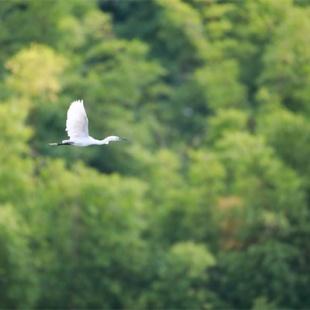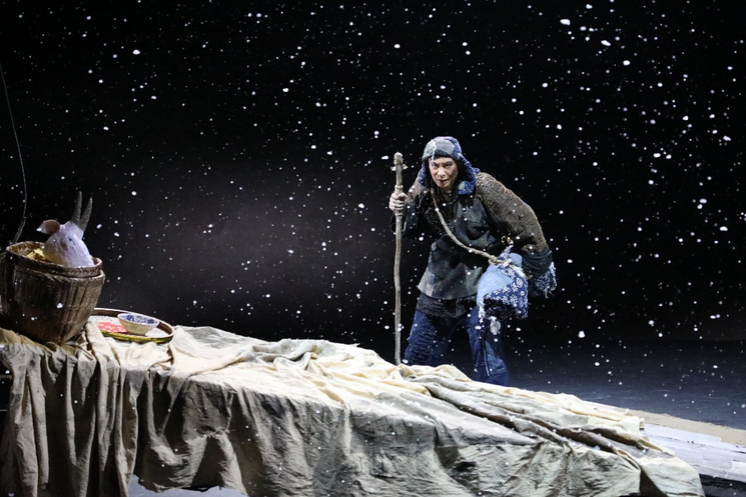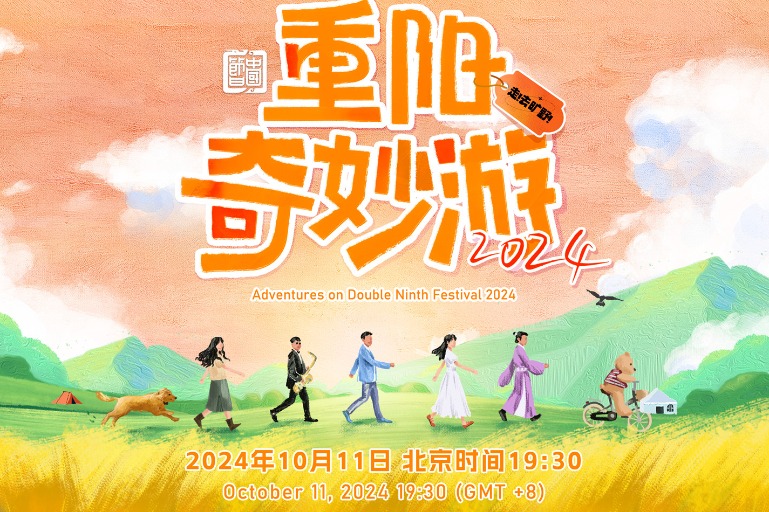Our feathered friends are a faithful testament to Chinese wisdom


It's "billed" an unattributed piece of prose, often parroted. But I like its feathered-friend fulsomeness, notwithstanding Hitchcock's California-set crow-centric calumny about Tippi Hedren and her irrational fear of fowl. They were just trying to playfully peck her pupils to pulp!
And she wasn't even a teacher. Needless ne'er-do-well nincompoopery.
Or here's another authorless Chinese proverb: "A bird does not sing because he has the answer to something, he sings because he has a song."
Be honest. How many of us have thought the same way? Perhaps on a karaoke Friday with colleagues?
"If I nail this Jay Chou ballad, my boss glaring at me from the sofa across the room will rubber stamp my raise request tomorrow. Yeah, go for it, showtime!"
"A bird can roost but on one branch, a mouse can drink not more than its fill from a river."
It's another salvaged but unclaimed Chinese feather-heavy phrase that cuts all species, including us, down to size, perhaps.
And what bibliography of Chinese bards would be complete without Li Bai's (701-762) poem?
It chirps: "The birds have vanished into the sky, and now the last cloud drains away. We sit together, the mountain and me, until only the mountain remains."
And finally, "You cannot prevent the birds of sorrow from flying over your head, but you can prevent them from building nests in your hair," an anonymous Chinese proverb that tells us sometimes the toast falls butter-side up.





































